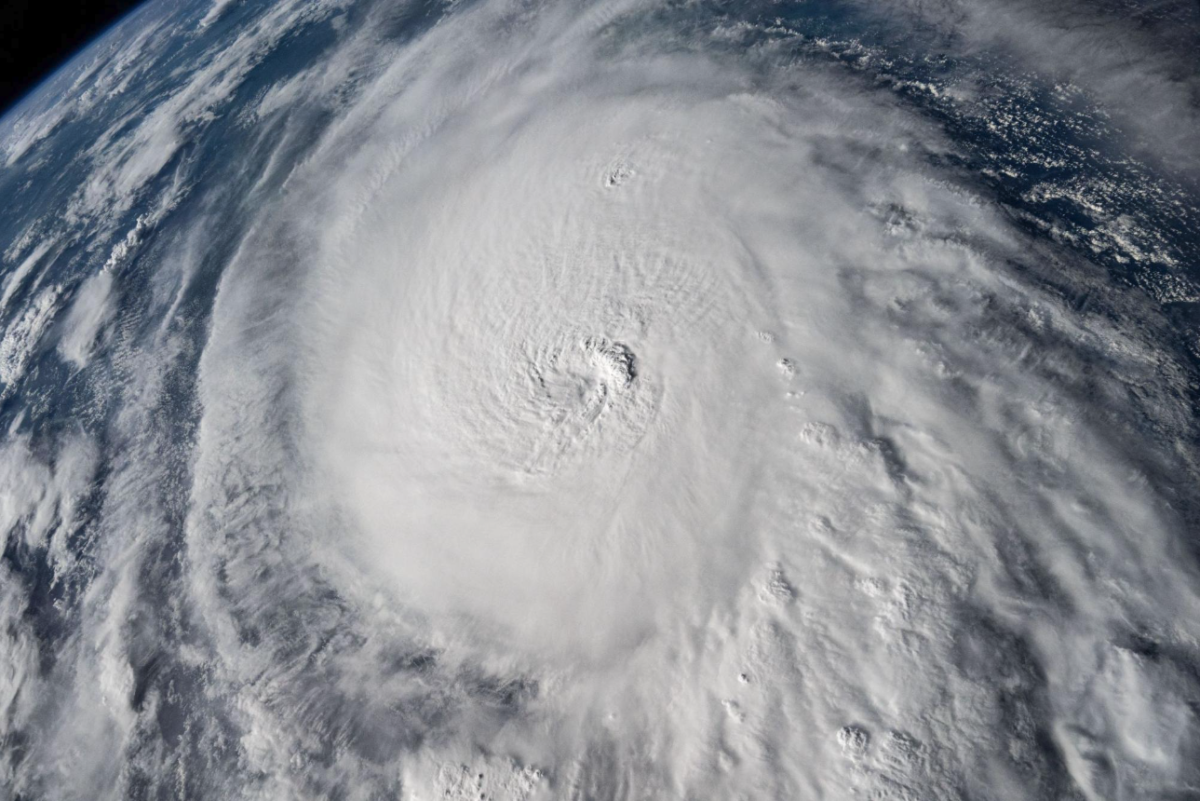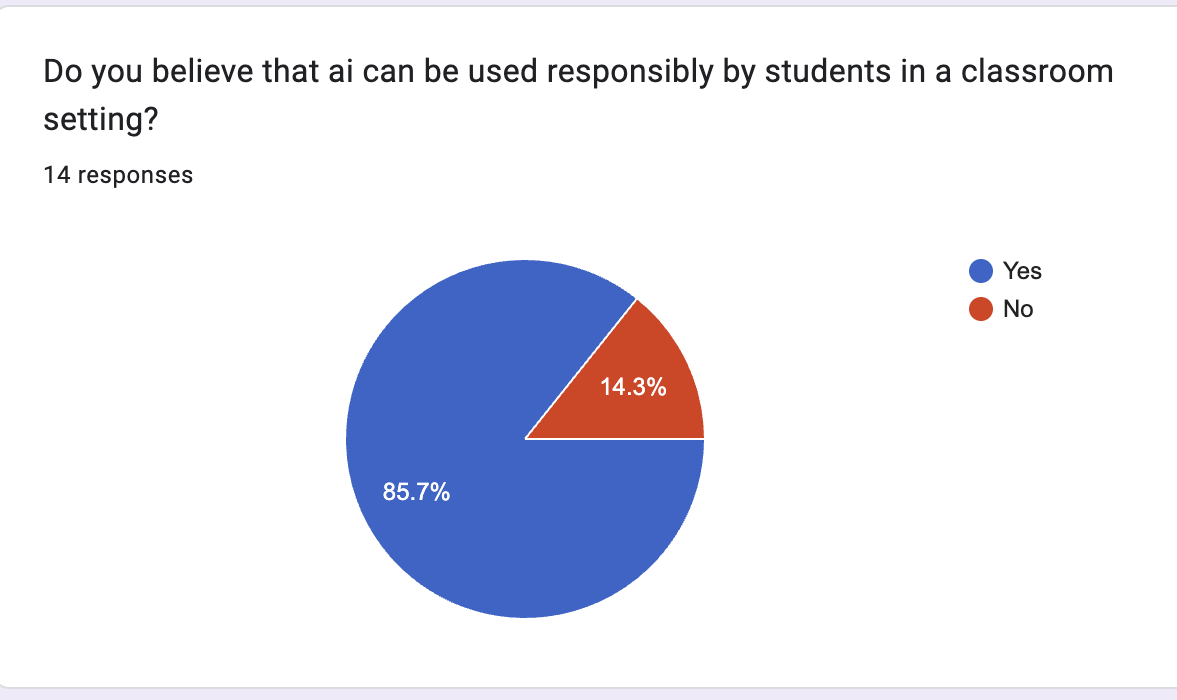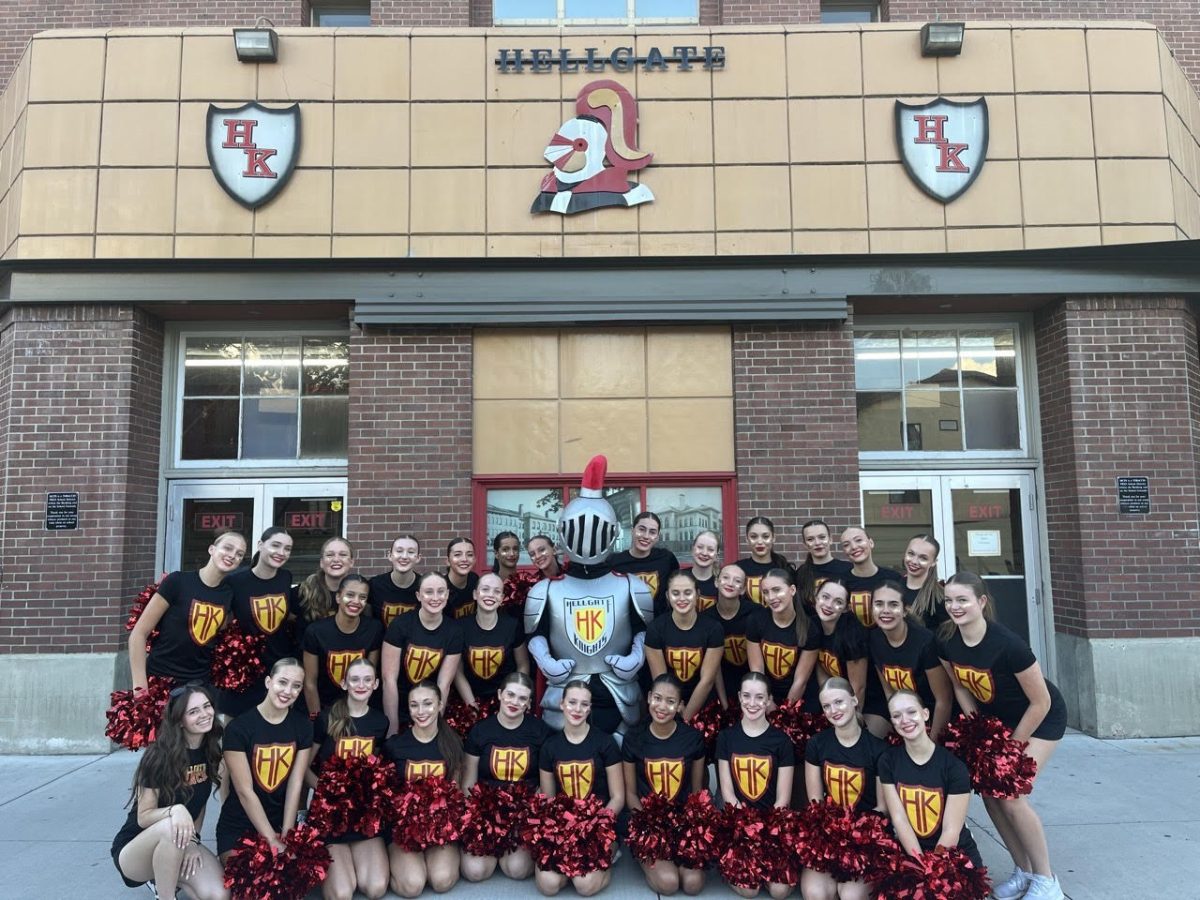On Sept. 26th, Hurricane Helene made landfall on Florida’s Gulf coast. The day prior, the storm had been categorized as a category one hurricane, swiftly updated to a category four by the time it made landfall. The storm was on a path of destruction along the Gulf coast, moving from Georgia to the Carolinas with rapid speed and leaving devastation in its wake. Nearly 230 people have died at the time of this writing, and the numbers are still climbing.
In the wake of this horrific loss, one thing has become clear. Far from the coast, no one was prepared for this scale of a disaster, especially not in Asheville, North Carolina, where no one expected Helene to reach such heights. The question is: why did it?
Studies show that Helene’s warpath was intensified by the Gulf of Mexico’s heating waters, which are believed to worsen as the planet warms, leading to an increase in this scale of natural disasters. Scientists at the Lawrence Berkeley National Laboratory have estimated that climate change may have caused 50% more rainfall during the hurricane, likely due to a warmer atmosphere holding more water. In other words, climate change played a role in the destruction Helene caused, proving that it should not be treated as a back-burner issue.
According to Pew Research, climate change falls near-last on the top issue for registered voters in the 2024 election. Eleven percent of Trump supporters and 62% of Harris supporters say climate change is important to their vote, a low number compared to the severity of the situation.
Helene has brought the climate change debate back to the forefront of national discussion, which we witnessed during the Vice Presidential Debate. Ohio Senator JD Vance was questioned about the steps the Trump Administration would take to reduce the effects of climate change in the wake of Helene’s destruction.
Vance speaks of the hurricane and of climate change as two unrelated subjects. He goes on to state that “…we’re the cleanest economy in the entire world…” which is untrue; the United States is the second largest contributor to carbon emissions after China.
In Minnesota Gov. Walz’s response, he admits that the US is “producing more natural gas and more oil at any time than we ever have. We’re also producing more clean energy.” Walz acknowledges that climate change is a problem, and that “reducing our impact is absolutely critical,” while Vance continues to brush over the topic and sidesteps answering the posed question of Trump’s previous claim that climate change is a hoax.
Hurricane Helene has been quickly followed by Hurricane Milton, a previous category five hurricane (downgraded to a category four on October 9th) that is on a destructive path towards Florida. This hurricane is especially dangerous due to the debris left behind from Helene, and Floridians are racing to get out of the state before it hits. Jane Castor, mayor of Tampa, bluntly stated “You’re going to die,” to residents choosing to stay in the evacuation zones, back when Milton was a category five. We can infer that as our world continues to warm, the rates of hurricanes will increase as well, causing severe risk to lives and communities.
With death tolls rising and homes ravaged due to Helene, on top of the rapidly growing threat and promised disaster of Hurricane Milton, it is clear that climate change is an issue that needs to be solved. For a hurricane of this magnitude, there are no concrete steps in place to keep people and property safe, simply the idea of “get out or die” which is difficult when there is a shortage of gas, raised prices of plane tickets, and jammed roads. Voters and politicians seem more concerned about other issues such as the economy and healthcare, two topics that, as it turns out, are inextricably linked to climate change, which is proven by the destruction demonstrated by Helene. Standing by and watching the devastation play out should not be an option; we have to take action now, because this will not be the last time hurricanes of this magnitude will make landfall on our coasts.







